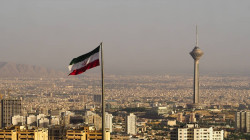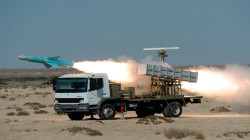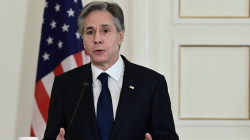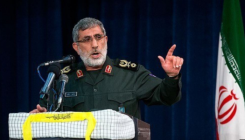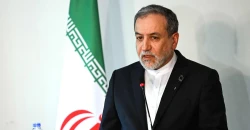Iran prepares "unprecedented" response to US strikes on nuclear sites
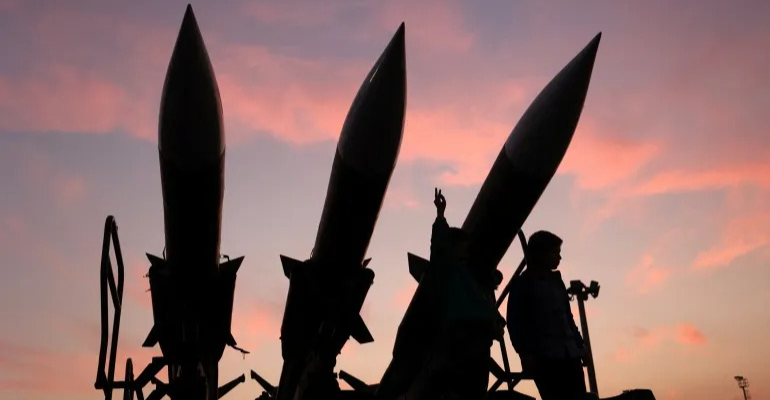
Shafaq News/ Iran is expected to launch a retaliatory response within hours using “unprecedented tools,” diplomatic sources revealed on Sunday, following US airstrikes on three major nuclear facilities inside Iran—Fordow, Natanz, and Isfahan—carried out in coordination with Israel.
The sources told Shafaq News that Tehran’s imminent response will target critical infrastructure sites of strategic importance, mirroring the significance of the Iranian nuclear facilities recently struck.
Among the weapons Iran is poised to deploy are advanced Kheibar and Sejjil ballistic missiles, alongside other capabilities being introduced into the battlefield for the first time, the sources added.
Tehran is reportedly awaiting a United Nations Security Council resolution affirming its right to self-defense and peaceful nuclear energy. The proposed resolution also calls for an immediate cessation of the escalating exchange of strikes with Israel. However, sources noted that the United States may veto the resolution, which is expected to be put to a vote on Monday.
One senior diplomat suggested that a new dialogue channel between Washington and Tehran—possibly mediated by Russia or Oman—could emerge if both sides agree to suspend military operations. “The backchannel is contingent on halting the strikes,” the source said.
The report follows the abrupt collapse of nuclear negotiations between Iran and the United States, which began on April 12. Talks, led by US special envoy Steve Witkoff and Iranian Foreign Minister Abbas Araghchi, had reached their fifth round, with modest signs of progress despite firm positions on uranium enrichment.
A sixth round was scheduled but was canceled after Israel launched a surprise air assault on Iran on June 13 under the codename Operation Rising Lion. That operation, aimed at eliminating the Iranian nuclear threat, reportedly killed several senior Iranian military commanders and nuclear scientists.
Iran responded to the Israeli strike the same night with missile attacks on Tel Aviv, initiating a continuing pattern of mutual bombardments that has persisted for over a week.
The diplomatic sources emphasized that the coming hours are critical. “What Iran does next could define the trajectory of the entire Middle East.”
